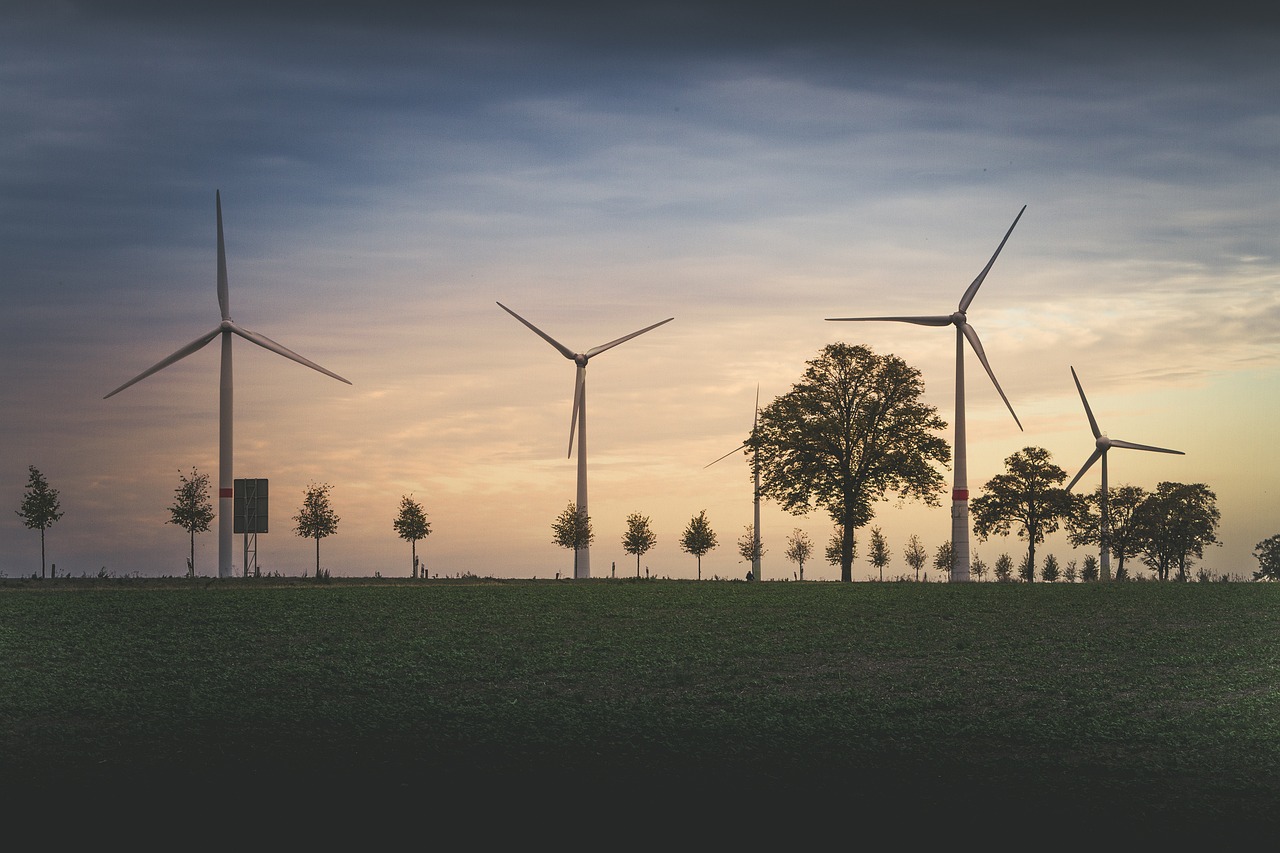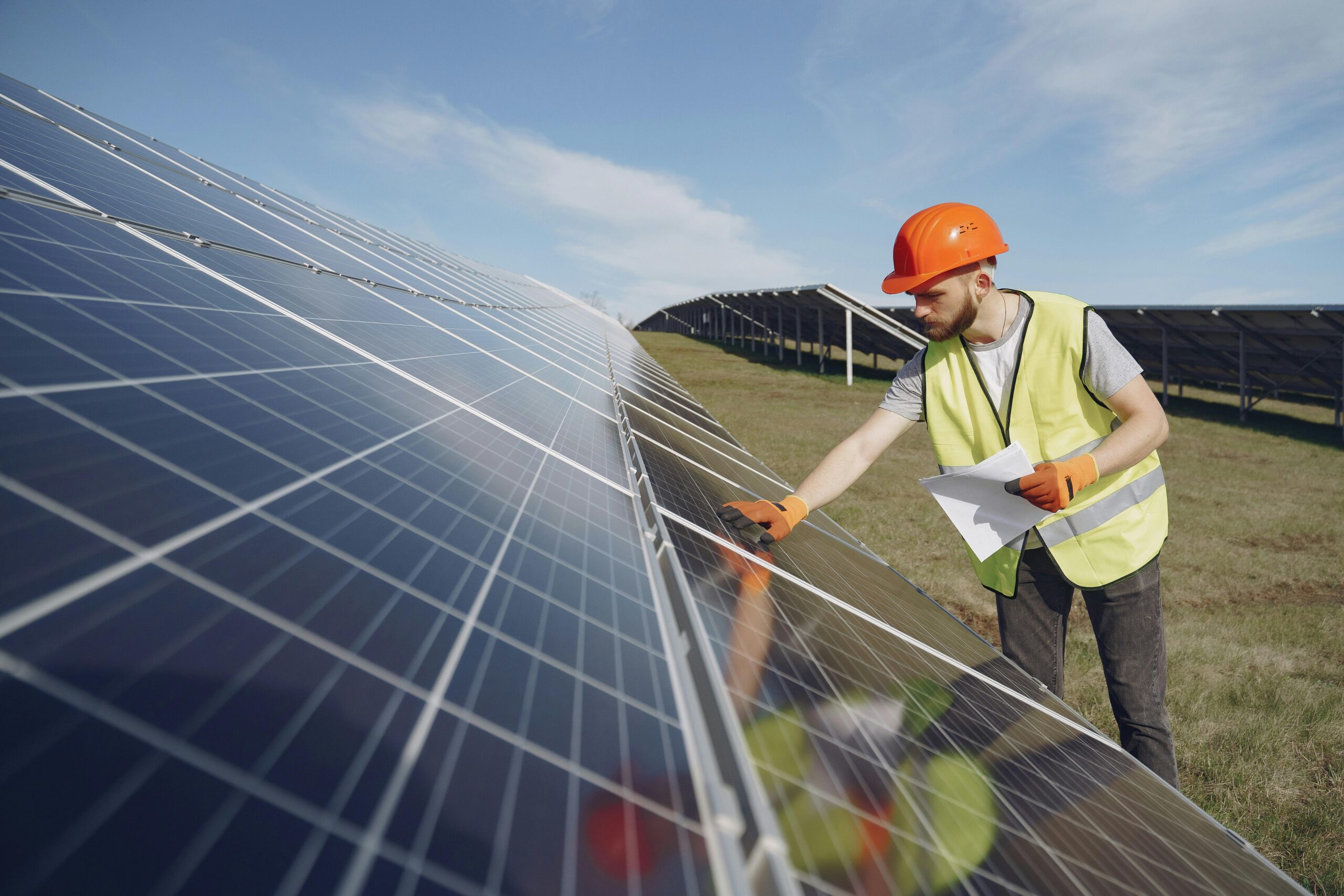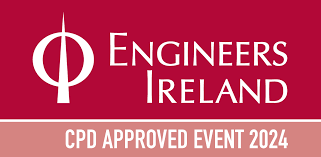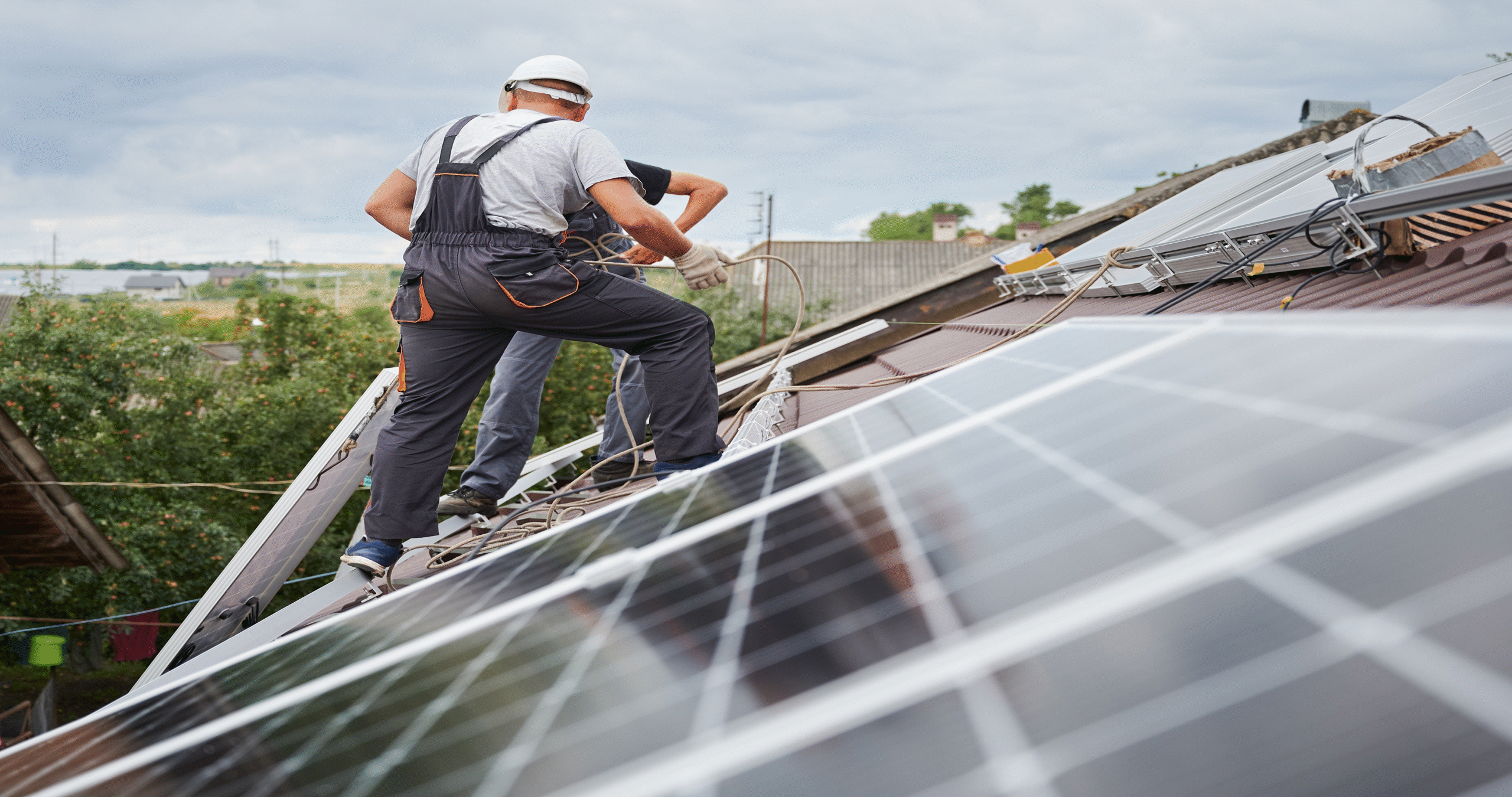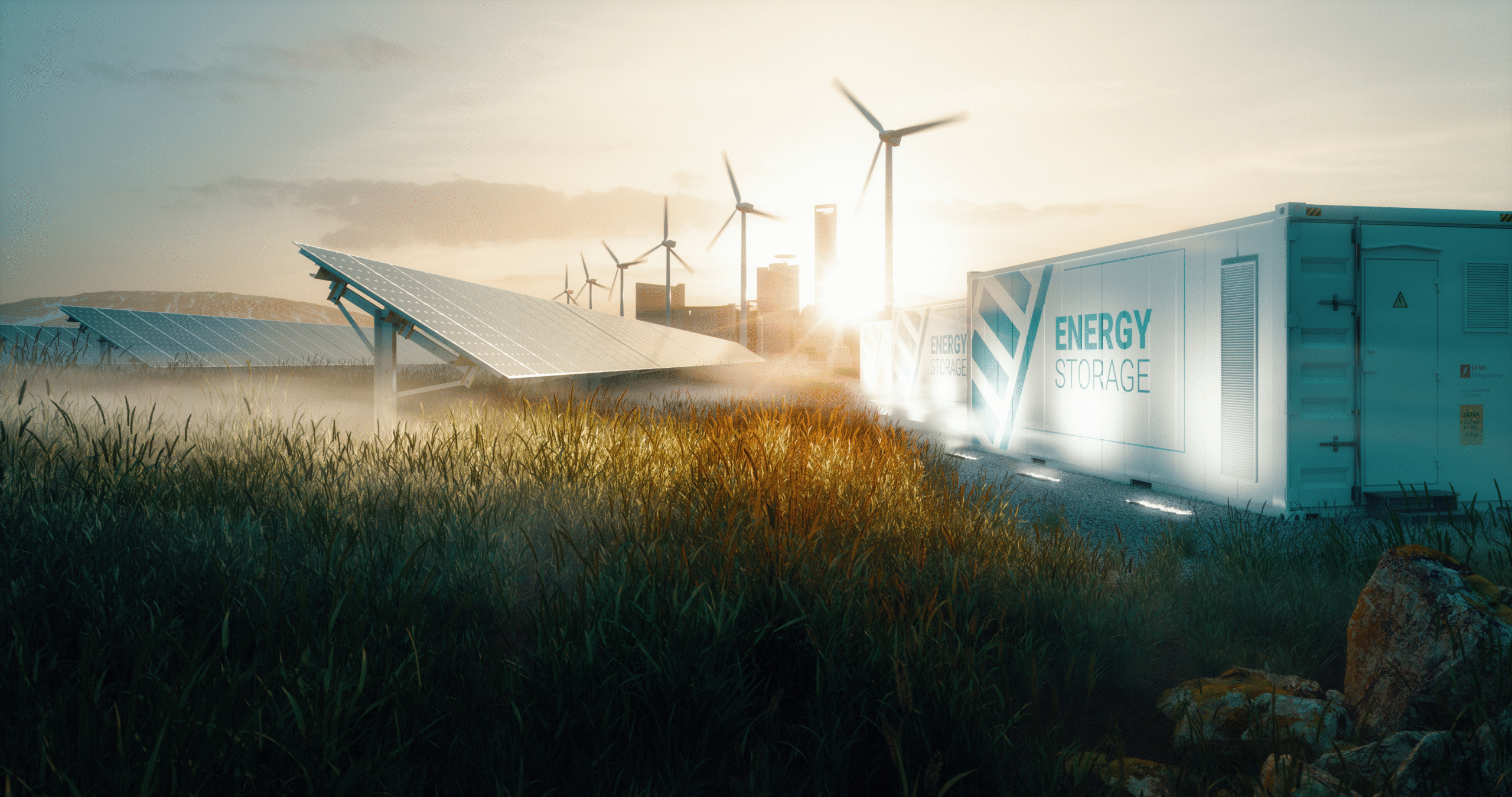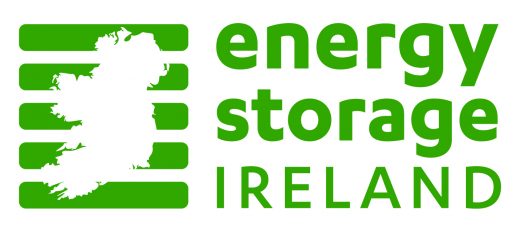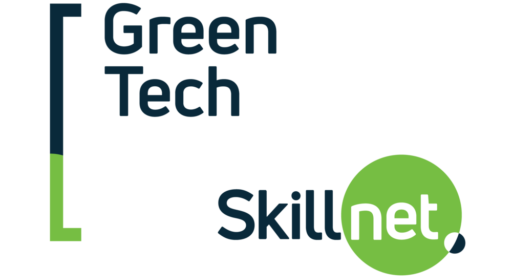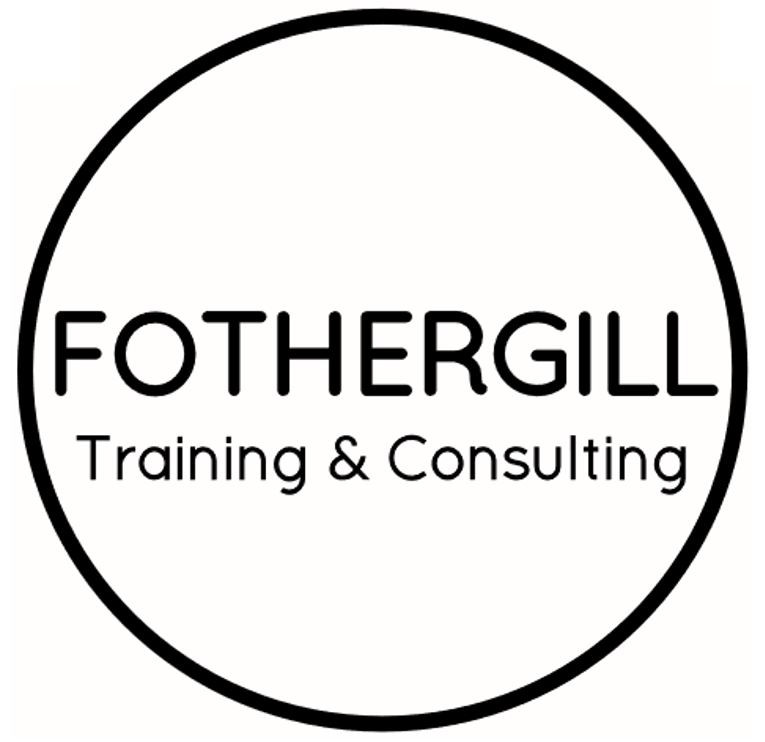
Following the success of Ireland’s first Environmental Impact Assessment (EIA) for Renewables Conference in March 2025, Green Tech Skillnet (GTS) and the Skillnet Offshore Wind Academy (SOWA) are delighted to launch a new series of expert-led webinars exploring key aspects of EIA in the context of Irish renewable energy projects.
This webinar series builds on the insights and momentum generated at the conference and is designed to support both newcomers and experienced professionals working in renewable energy planning and consenting.
The first webinar, Introduction to Environmental Impact Assessment (EIA), is ideal for those new to the topic or seeking a refresher to the tool. Delivered by leading EIA expert Josh Fothergill FIEMA CEnv, the session will cover:
- Ireland’s EIA legislation as it relates to renewable energy developments.
- The EIA process and key activities within it.
- Core aspects of good practice in undertaking EIA.
- Sources of key EIA guidance
Upcoming sessions in the series will explore proportionate EIA (October 2025), cumulative effects (January 2026), and case law in EIA (April 2026).
Stay tuned and join us on this journey to deepen understanding, improve practice, and advance Ireland’s renewable energy goals through effective environmental assessment.
Those interested in how environmental issues are considered in relation to renewable energy projects whether they are working in the sector or already involved in EIA, or interested in starting / rejoining a career a career linked to the environment and Ireland’s renewable energy goals.
The webinar will begin with a welcome and introduction from Green Tech Skillnet, including:
- A short overview of its mission
- Its interest in EIA
- Identified skills gaps in the Irish renewable energy sector
The main presentation will be delivered by Josh Fothergill FIEMA CEnv, covering:
- Legislative background of EIA:
- Origins of EIA in the late 1980s
- Key updates to keep EIA relevant to current environmental challenges and the 2025 context
- Overview of the EIA process:
- Brief review of when EIA is required
- Focus on the developer’s responsibilities in assessment and report preparation
- Explanation of EIA activities required before consent decisions are made
- Consideration of how environmental risk is managed post-consent
- Conclusion:
- Summary of good practice principles in EIA
- Reflection on key guidance and resources available to support effective EIA practice
Josh Fothergill
Founder & Director – Fothergill Training & Consulting Ltd
Josh is a leading expert in the field of Environmental Impact Assessment. He planned the program and Chaired Ireland’s EIA Conference held in Portlaoise in March. Some of his other highlights include leading Scotland’s EIA Conference since 2017, creating the UK’s EIA Quality Mark back in 2011, authoring the UK Proportionate EIA Strategy and leading international reviews of: Digital IA, EIA professional recognition and linking the circular economy to environmental assessment practice.
Josh founded Fothergill Training & Consulting in 2017, specializing in enhancing the effectiveness of environmental assessment through both capacity building, intelligent client roles and advisory reviews. He has trained over a thousand professionals in EIA, including training FuturEnergy Ireland and SSE Renewables. Josh previously worked at IEMA co-authoring all its EIA guidance between 2008-17 and contributed to many more publications over the last decade. He sits on IEMA’s volunteer led IA Network Steering Group and also actively volunteers for the International Association for Impact Assessment, including leading an on-going series on the use of digital technology and approaches in the field of Impact Assessment.

